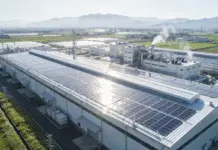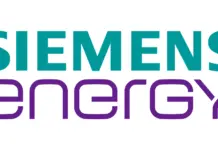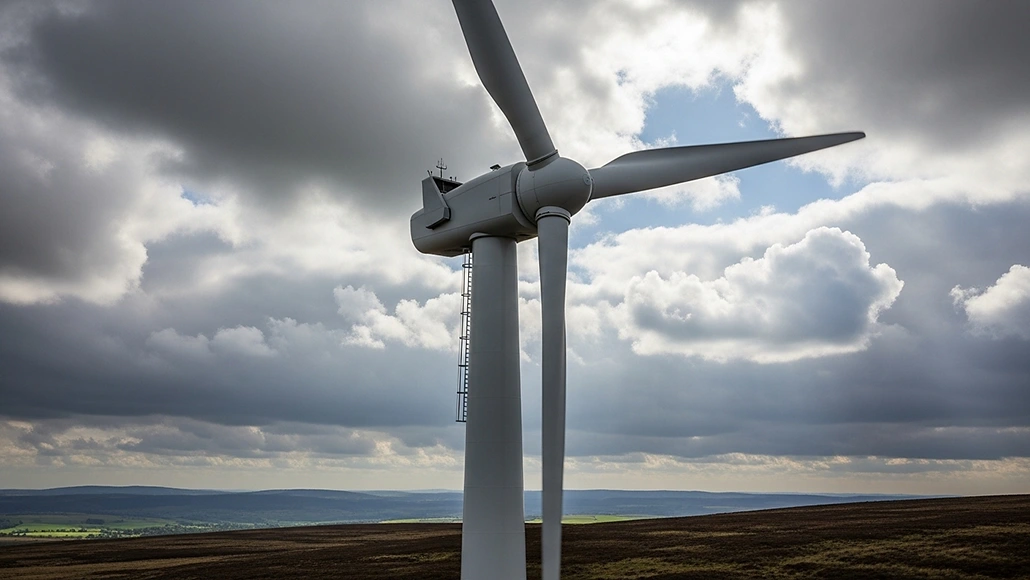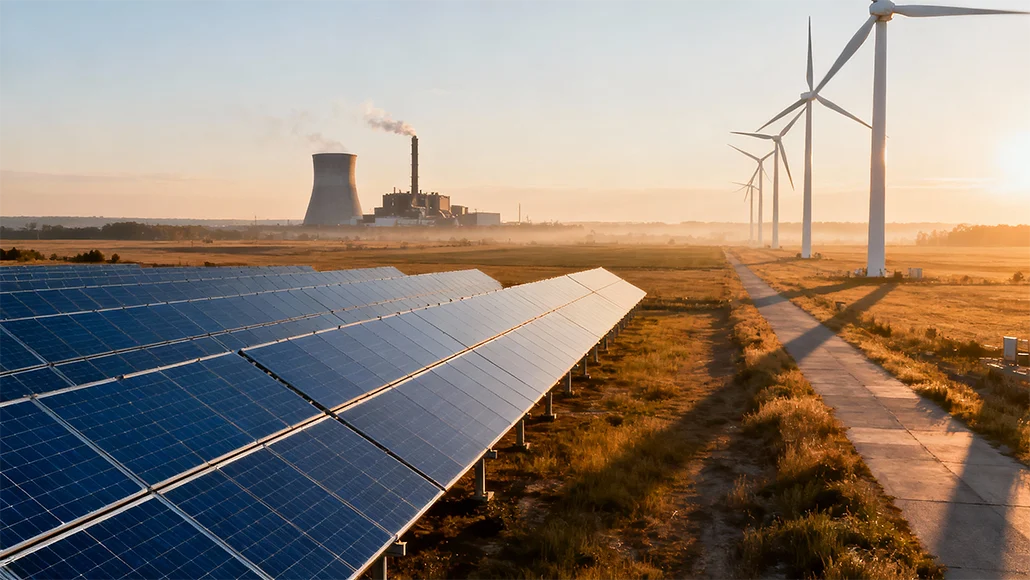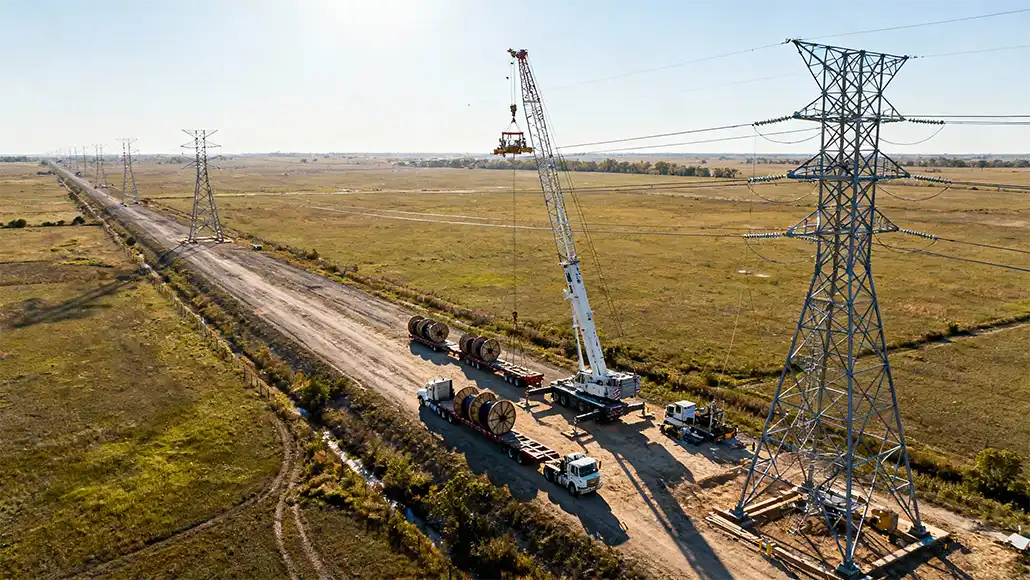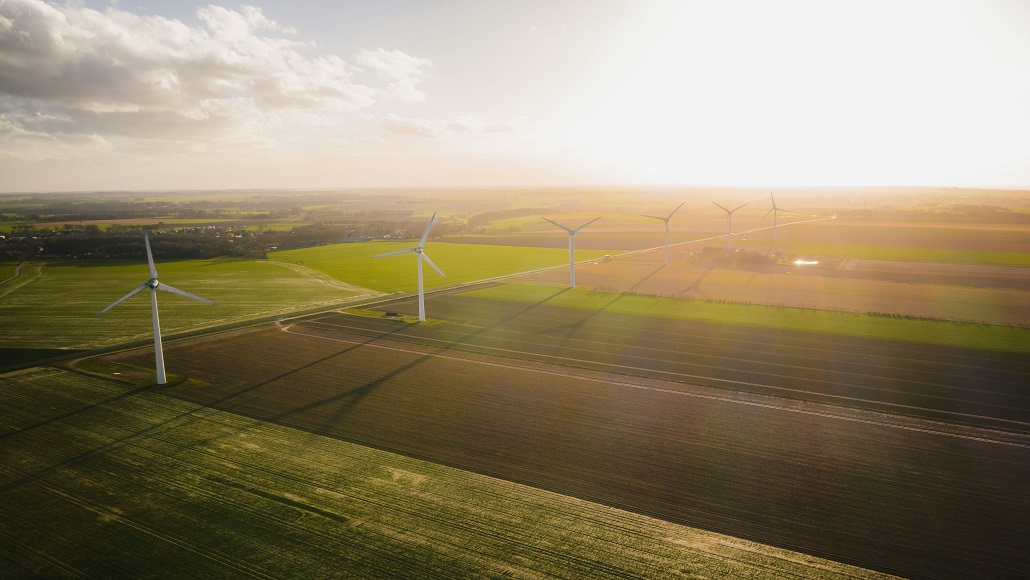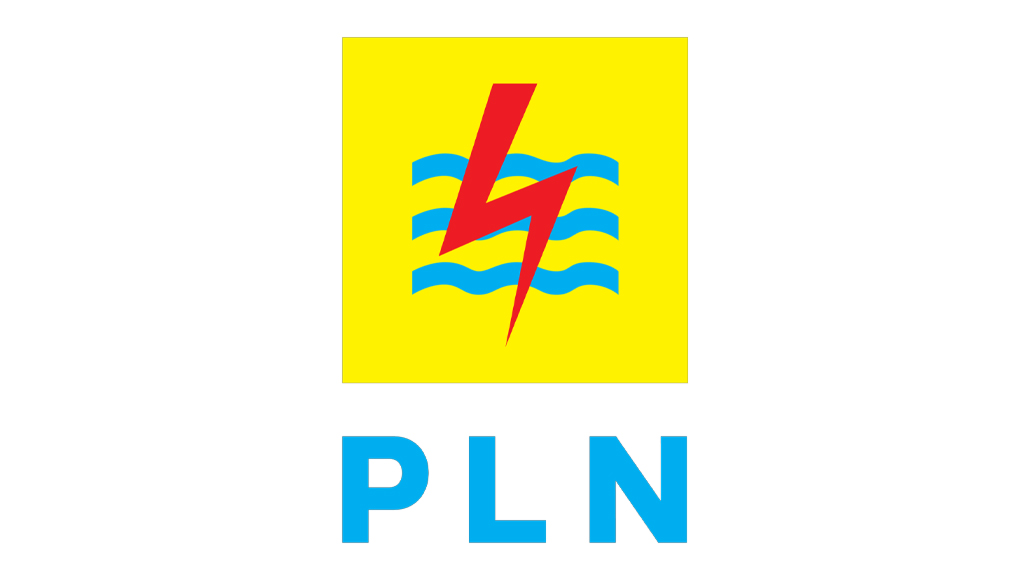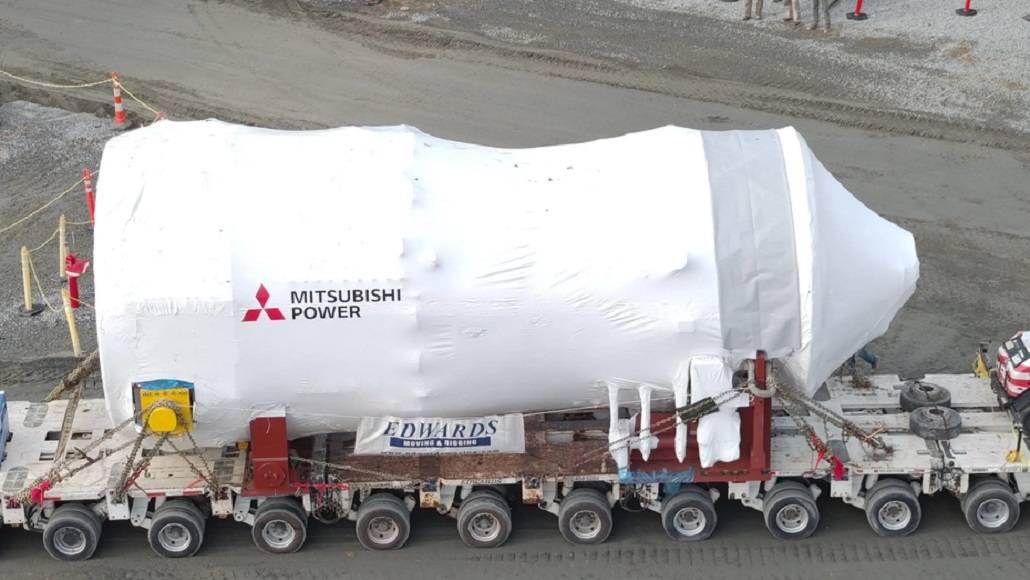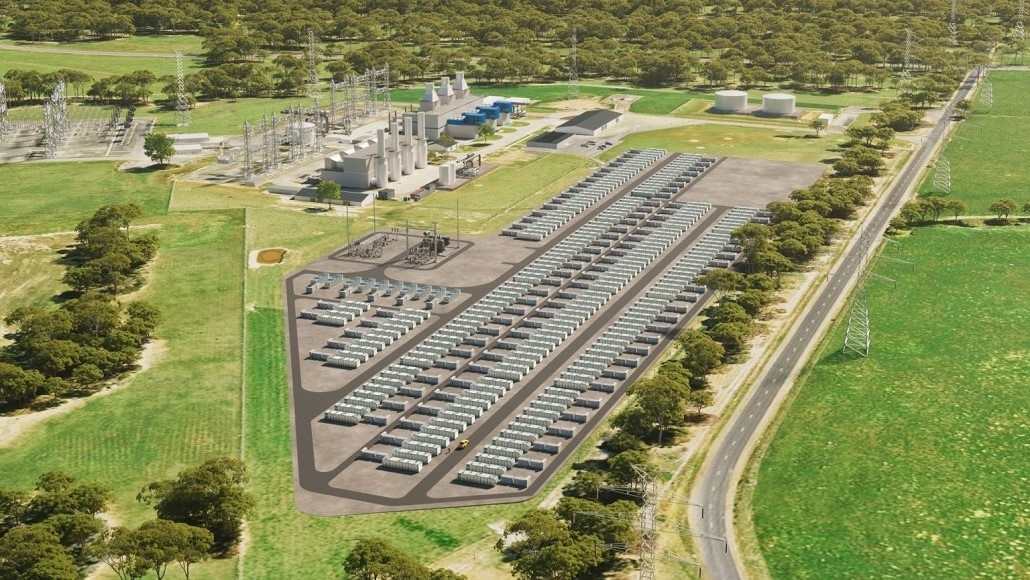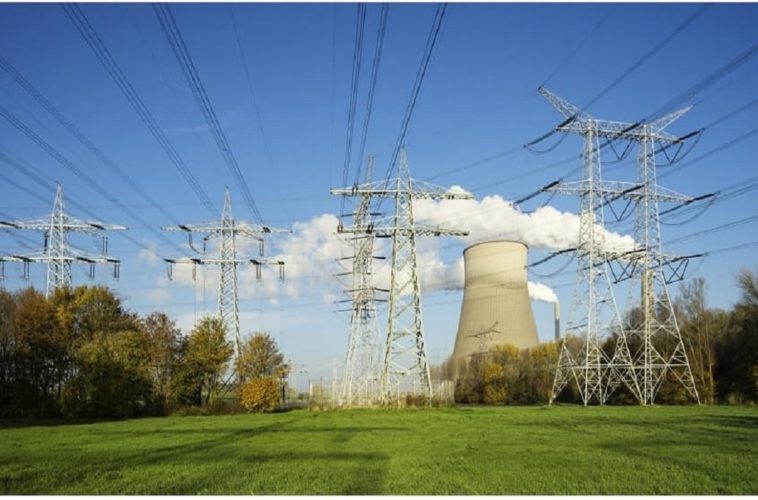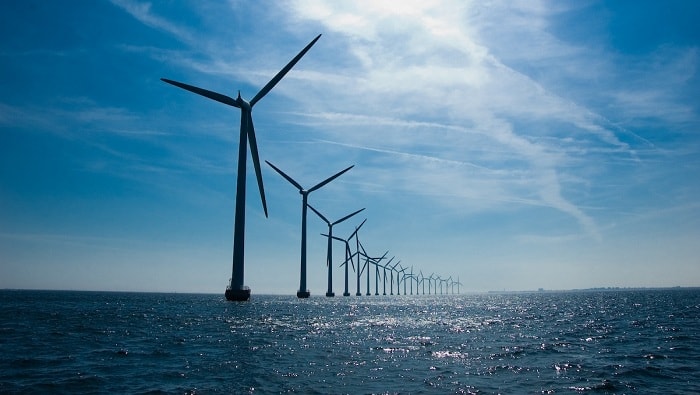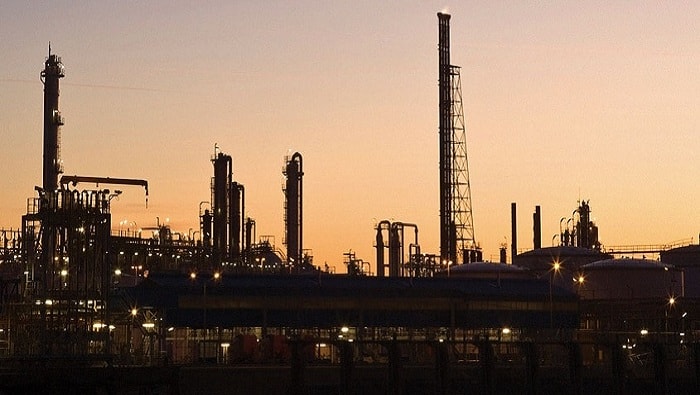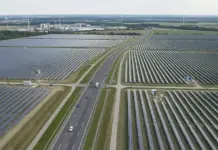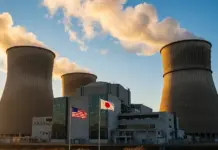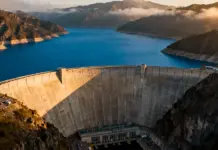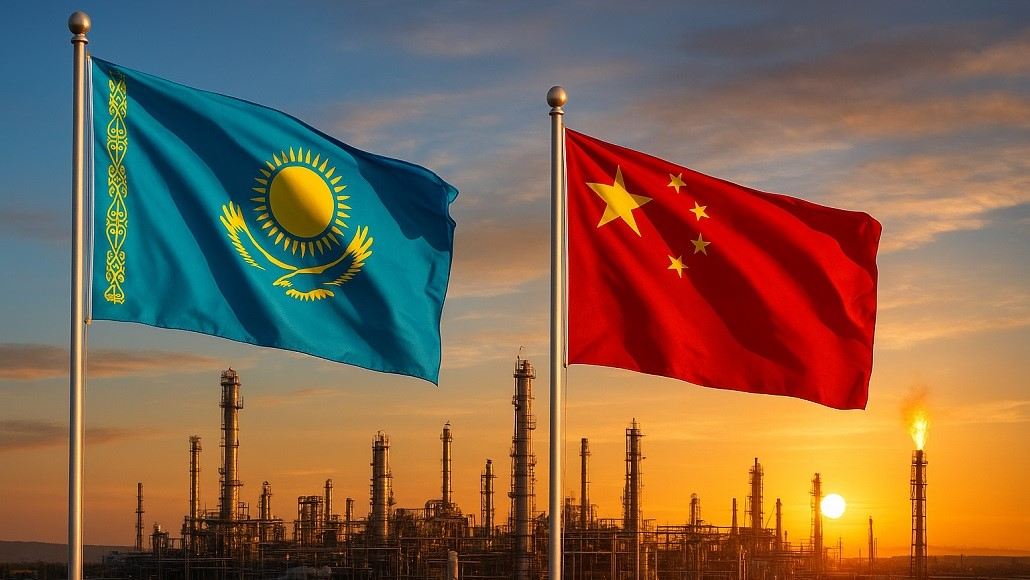Kazakhstan-China have gone on to ink $1.5bn worth oil and gas projects during Kazakh President Kassym-Jomart Tokayev’s visit to China.
As a matter of fact, in a meeting with oil and gas workers at the president’s office, Tokayev went on to say that a number of certain beneficial bilateral agreements have been concluded during his visit, as reported by Orda on September 5. $1.5bn worth oil and gas projects are truly a step forward towards better cooperation, stability and also growth within the region.
The Kazakh president said that there were new strategic projects that had been planned. According to him, there happens to be an agreement worth more than $1 billion with CNPC in order to build a gas chemical complex when it comes to urea production within the Aktobe Region. Another significant agreement was reached with China Development Bank so as to finance the construction of major pipelines when it comes to transporting ethane as well as propane across the Atyrau Region, which was valued at around $530 million.
It is well to be noted that both the sides inked more than 70 commercial documents that amounted to $15 billion after the latest meeting, which was held in Beijing, of the Kazakh-Chinese Business Council.
Apparently, the Kazakh president travelled to China in order to participate in the summit of the Shanghai Cooperation Organization (SCO) in Tianjin between August 31 and September 1 and also attend a military parade that was held in Beijing on September 3 that marked the 80th anniversary of the end of the Second World War.
During the talks with the Chinese counterpart, Xi Jinping, on September 2, Tokayev went on to discuss in detail challenges of cooperation across the nuclear industry, which includes plans to bring in the Chinese technology as well as train qualified specialists.
The president added that both the leaders agreed that the two countries must become strategic partners in the region. They also intend to involve CNNC in this work.
Interestingly, Kazakhstan has plans to build three nuclear power plants by way of a consortium of foreign companies. The Kazakh Atomic Energy Agency had announced in June 2025 that Rosatom from Russia had been chosen as a general contractor in order to build the Central Asian country’s very first commercial nuclear power plant.
China National Nuclear Corporation (CNNC) had been entrusted with the construction of the second NPP of Kazakhstan. Later, Roman Sklyar, the Deputy Prime Minister of Kazakhstan, said that China would also go ahead and construct the third nuclear power plant in their country.
According to Tokayev, Kazakhstan is also interested in quickly upgrading the Shymkent oil refinery with CNPC’s participation, and his country is also looking forward to executing numerous projects with leading Chinese companies that include the likes of China Power International Holding as well as China Energy in order to develop renewable energy.
The president further said that the construction of a 160 MW combined-cycle plant located in the Mangistau Region jointly with China Huadian Corporation happened to be yet another important energy project.
Tokayev added that along with Sinopec, construction of a polyethylene plant has already started in the Atyrau Region. A total of $7.4 billion is going to be invested in this large-scale project, which is going to have a capacity of 1.25 million tons of production every year.
The president noted that China had in a way already invested $27 billion in their economy and added that more than 6,000 enterprises with Chinese capital are operating successfully in Kazakhstan, which includes global giants like CITIC, CNPC, Sinopec, and, of course, Huawei.
The Kazakhstan president said that the trade between both the countries reached an all-time high of $44 billion in 2024 and that their goal is to prominently grow this figure in the forthcoming five years together with their Chinese counterparts.
Referring to the transport and transit potential of Kazakhstan, Tokayev said that their country comprises 85% of all the overland cargo transport between China and Europe. Due to the launch of double-track operations on the Dostyk-Moyynty railway section in 2025, the capacity of the China-Europe transit corridor via Kazakhstan is going to see an increase of at least fivefold.
According to the president, Kazakhstan is also putting forth every effort so as to unlock the potential of the Trans-Caspian International Transport Route. It is well to be noted that in 2024, 4.5 million tons of cargo got transported on this route, which was a 62% increase from 2023, and that they will continue to build on this momentum, with the objective of raising the volume to almost 10 million tons in the times to come.
As reported by Orda on September 3, Russia and China appear to have drifted away from building a new gas pipeline which would transport Russian natural gas to China via Kazakhstan. This happens to follow the signing of another agreement between Gazprom from Russia and CNPC from China on September 2 that confirms the plan to construct the Power of Siberia 2 pipeline, which includes a transit route through Mongolia.
It is well to be noted that Kazakhstan, in the past, had expressed its interest in the gas transit project. In November 2024, Almassadam Satkaliyev, the Kazakh energy minister, stated that the country would only do the project if Russia went on to agree to supply around 10 billion cubic meters of the transit gas to the domestic market of Kazakhstan at a set price.
It shouldn’t come as a surprise when we say that the role of Kazakhstan as a trans-Eurasian bridge is indeed flourishing, although its exports to China happen to remain pretty much concentrated in basic metals that stand at 40.4%, metal ores at 26.5%, crude oil and natural gas at 21.7%, chemicals at almost 4%, and food and agricultural products at 7%. Interestingly, Kazakhstan happens to maintain a regional trade surplus with China, therefore reflecting its strong position as an exporter as well as a supplier of raw materials.







